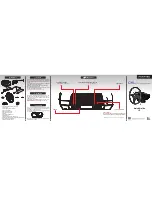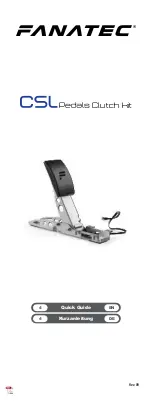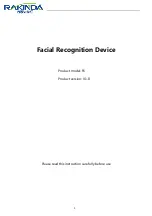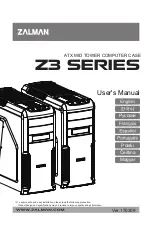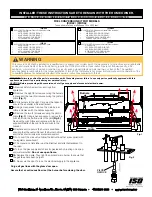
2240 SRM 1
Battery Maintenance
Methods of Charging
There are three methods of charging a battery.
1.
GRADUAL CHARGE. This method uses a
solid-state automatic battery charger.
The
charging rate begins at 20 to 25 amps/100
amp-hours and decreases to less than 5 amps/100
amp-hours when the battery is 80 percent
charged. The charging current decreases when
the voltage across the cell increases during the
charging cycle shown in Figure 19. The increase
in the voltage from the charger is approximately
the same as the increase in the specific gravity
in the cells.
Figure 19. Specific Gravity Compared to
Charging Time
2.
MODIFIED
CONSTANT
VOLTAGE.
This
method uses a generator to generate a con-
stant voltage that is controlled by a resistor.
When the charging current decreases, the volt-
age across the resistor increases. The increasing
voltage across the resistor causes an increasing
voltage at the battery terminals. The charging
is similar to the gradual charge. The resistor
must be correctly set, or the charging rate will
be wrong.
The typical graphs for a modified
constant voltage charger are shown in Figure 20.
3.
TWO-RATE CHARGE. This method also uses a
high charging rate at the beginning followed by
a lower rate. Two resistors control the charging
rate. One resistor controls the charging rate at
the beginning of the cycle and a second resistor
reduces the charging rate when the voltage in the
cells reaches 2.37 volts. A relay automatically
controls the second resistor. The two-rate charg-
ing cycle is shown in Figure 21.
Figure 20. Modified Constant Voltage Charger
Figure 21. Two-Rate Charging Cycle
NOTE:
Many users have battery chargers that can
follow a program to automatically charge a battery
according to recommendations of the battery man-
ufacturer. Use the recommendations of the battery
manufacturer for charging the battery.
13





























